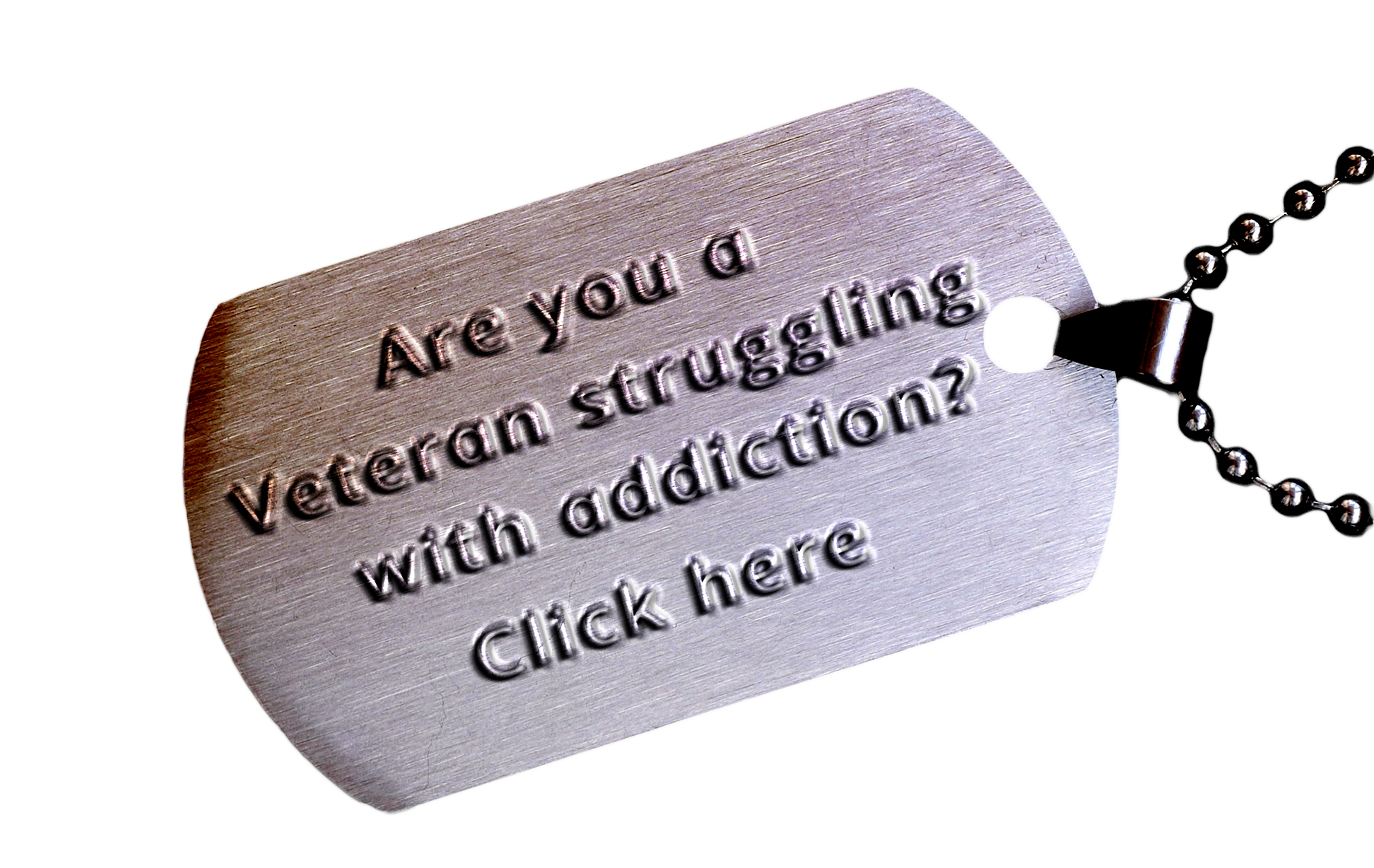That's one of the main reasons why recognizing the signs that you or your loved one have a problem is a critical step in providing timely intervention, support, or getting them admitted into a meth rehab treatment center so they can start getting the help they need.
Unfortunately, it might be hard to notice an issue, as many people abusing substances tend to go to great lengths to hide that fact. Still, there are some symptoms that are tell-tale signs of drug abuse.
Those symptoms will vary depending on the substance that is being abused, as there are certain drugs that have a bigger impact on someone's physical appearance rather than their behavior, and vice-versa.
In this article, we will talk focus on methamphetamine abuse and what are the most common signs and symptoms that a person suffering from meth use disorder might show.
What Is Meth
Methamphetamine is a Schedule II stimulant under the Controlled Substances Act, meaning it has a high potential for abuse and dependence. It is illegal to use, possess, distribute or manufacture methamphetamines without a prescription from a licensed medical professional. Medical metamphetamine, which is typically taken in lower doses than street meth can be used to treat narcolepsy, as well as ADHD.
The drug's ability to induce euphoria, increase energy, and reduce appetite makes it appealing to users, but these short-lived benefits mask a host of detrimental effects on physical, mental, and emotional health.
What Are Signs of Meth Use
Increased Physical Activity
The drug stimulates the release of dopamine and norepinephrine from neurons in the brain, leading to increased levels of these chemicals in the synapses (the small gaps between neurons), which, in turn, increases their levels, leading to increased feelings of alertness, energy, and euphoria.
Loss of Appetite
One theory is that meth affects the levels of certain neurotransmitters in the brain, such as dopamine and serotonin, which can lead to changes in appetite and food cravings. Dopamine, in particular, is known to play a role in regulating appetite, and meth increases its levels in the brain.
Another theory is that meth affects the release of hormones that regulate appetite, such as leptin and ghrelin. Leptin is a hormone that signals to the brain when the body has had enough to eat, while ghrelin is a hormone that stimulates appetite. Meth use can disrupt the normal balance of these hormones, leading to a loss of appetite.
Slapeloosheid
There are several ways in which meth use can cause insomnia:
Meth stimulates the release of certain neurotransmitters, such as dopamine and norepinephrine, which can increase alertness and make it difficult to fall asleep.
Meth can interfere with the natural sleep cycle, leading to changes in sleep patterns, such as waking up frequently during the night or sleeping for shorter periods of time.
Methamphetamine use can cause feelings of anxiety and paranoia, which can make it difficult to relax and fall asleep.
Meth use can cause physical symptoms such as tremors, muscle aches, and sweating, which can affect one's ability to fall or stay asleep.
Skin Sores
Meth can cause users to feel as if there are bugs crawling on or under their skin, a sensation known as "formication." In response to this feeling, some users may begin to pick or scratch at their skin, which can cause open sores and infections.
Methamphetamine use can suppress the immune system, making it more difficult for the body to fight off infections. This can make users more vulnerable to skin infections and sores.
Using meth can cause users to neglect their personal hygiene, which can increase the risk of infections and sores.
Some of the chemicals used to make meth can be highly caustic and can cause chemical burns on the skin. In addition, meth users may be exposed to other chemicals and contaminants that can cause skin irritation and sores.
Meth use can cause vasoconstriction, or narrowing of the blood vessels, which can reduce blood flow to the skin and increase the risk of tissue damage and sores.
Dental Problems
These dental problems are often referred to as "meth mouth" and can include a range of issues, including tooth decay, gum disease, and tooth loss.
There are several reasons as to why this is happening to those suffering from this particular substance use disorder, including:
Meth use can cause dry mouth, a condition in which the mouth produces less saliva than normal. Saliva plays an important role in neutralizing acids in the mouth and protecting the teeth from decay. Without enough saliva, the teeth are more vulnerable to decay.
Meth use can cause bruxism, or teeth grinding. Over time, this can cause tooth wear, chipping, and cracking.
Meth use can lead to poor nutrition, which can weaken the immune system and make the teeth more vulnerable to decay and infection.
Meth use can cause users to neglect their personal hygiene, including oral hygiene. Poor oral hygiene can contribute to tooth decay, gum disease, and other dental problems.
Some of the chemicals used to make meth can be highly corrosive and can cause damage to the teeth and gums.
Other Meth Usage Symptoms
Meth use can cause the pupils to dilate, leading to a glassy-eyed appearance.
Meth use can cause the heart rate to increase, leading to a pounding or irregular heartbeat.
Meth use can cause users to become agitated, irritable, and paranoid.
Meth use can cause users to experience hallucinations, including hearing voices or seeing things that are not there. Meth use can disrupt communication between different regions of the brain, leading to abnormal sensory processing and the perception of things that are not actually present.
Meth Addiction - Signs, Symptoms
Keep in mind that the presence of one or a few signs may not conclusively indicate meth addiction, but a combination of signs may warrant further investigation.
There are some common physical and behavioral signs that may indicate meth addiction, including:
Individuals who are addicted to meth may experience rapid weight loss, skin sores or rashes, dental problems (such as tooth decay or "meth mouth"), and a general decline in physical appearance.
Meth addiction can cause changes in behavior, including mood swings, agitation, irritability, and violent outbursts. Individuals may also become secretive, withdraw from social activities, and experience changes in their sleeping patterns.
While meth addiction doesn't necessarily lead to the development of a new mental illness or mental health disorders, it can worsen the already present conditions.
Individuals dealing with methamphetamine addiction may increase their drug use over time, and may experience withdrawal symptoms when attempting to stop using meth.
Meth abuse can be expensive, and individuals may experience financial problems due to their drug use, such as losing their job, borrowing money, or selling possessions to fund their addiction.
Meth addiction can lead to legal problems, such as arrest or incarceration, due to drug-related offenses.
De kern van de zaak
That's why it's important that you or your loved one get help as soon as you notice that you might have a problem, and we are here to help you with that.
When dealing with substance abuse and addiction, it's important to get out of the environment that led you to start using meth in the first place. Miracles Asia is Thailand’s leading Addiction Treatment and Mental Wellness Center. More than 80% of our long term clients end up recovering from their addictions. An addiction is a very individual matter, we provide all of our clients with a custom recovery plan adapted to their needs.
If you see signs someone is using meth, don't hesitate to react - you might just end up saving their life.





